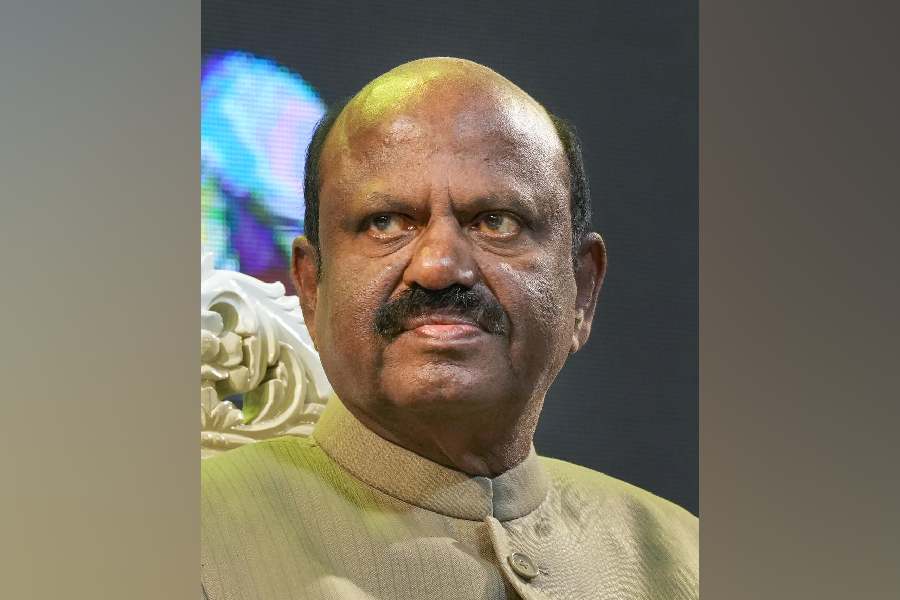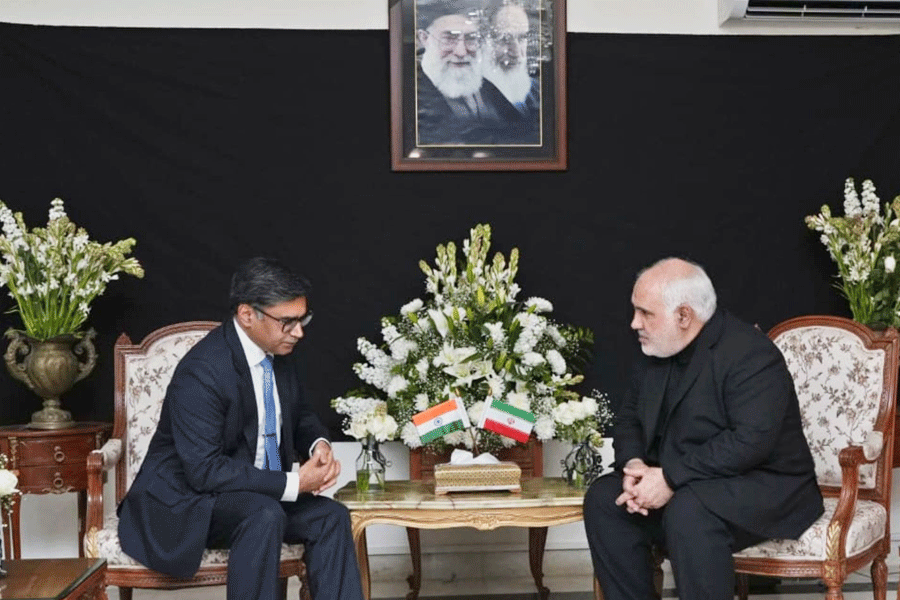 |
| Sarma at her residence in Guwahati on Monday. Picture by S.H. Patgiri |
Guwahati, Aug. 16: Tarali literally means starlight and young singer Tarali Sarma is aiming for the skies.
In bagging the award for the best female playback singer at the national film awards this year, Sarma emerged as another singer from the region to get the award, the first being Parween Sultana for Kudrat in 1981.
The young star, who has begun her trek on the milky way, said: “Stars will always be there, whether it’s a cloudy or clear. Similarly, for me the show must go on. But the honour is a kind of reassurance that I am on the right track.”
Sarma has been awarded the Rajat Kamal for her soulful rendition of “Kimote bhukoti koribe tumako hari...ye....”, a devotional song from Sri Madhab Dev’s Naam Ghosha, without instrumental accompaniment in Manju Bora’s film Akashitorar Kothare. She was also the music director of the film.
“I can feel a new sense of responsibility now. This is an honour for all the musicians of the state who are working hard to carve a niche for themselves,” she said.
Sarma’s father, Prabhat Sarma, is an eminent musician who won the Sangeet Natak Akademi award for folk music this year.
“I come from a musical background. There is music in every part of my house,” she said. Sarma has also won the Jyotirupa joint media award for the best female singer for Assamese films, Moitchogondha and Hepaah.
Akashitoraar Kothare (a tale told a thousand times) also won the award for the best feature film in Assamese in the category of best feature film in regional languages.
The two-hour long film in Assamese is a creation of two women — director Manju Bora and producer Sangeeta Tamuly. It deals with the never-ending exploitation of women even in the high-class society. The story of the film revolves around Aakashitora, a young research scholar, who had decided to study the sacrifice of women in traditional social belief and practices of Assam.
The story and script of the film have been penned by Bora and its cinematography is by Raju Mishra of Orissa. The film is a visual feast as Bora takes the audiences to different parts of Assam to witness various cultural and traditional heritage in her film.
“I think its great news both for my film and the whole of Assam. I had to do a lot of research and travelled a lot to the remote villages to work on my film,” said Bora. She, However, lamented that regional filmmakers, specially from the Northeast, do not get due attention.
This film is Bora’s third creation. Her first film, Baibhav, won both national and international acclaim.
Bora agreed that filmmaking is a difficult profession for a women. “It’s a challenging task as it is tiring both physically and mentally. Moreover, a woman has to juggle her family and her vocation”.
Assamese cinema shone at the national films awards function this year. Juye Poora Soon by Sanjib Sabha Pandit bagged the best film on environment conservation. Jahnu Barua’s film Tora, produced by Children’s Film Society of India, was adjudged the best children’s film.











